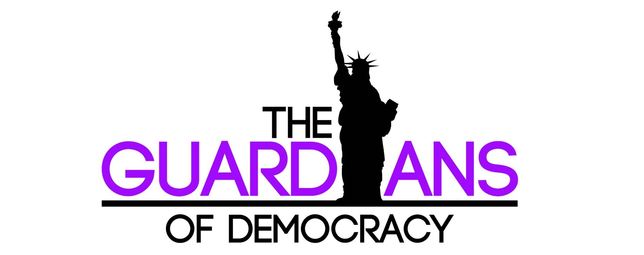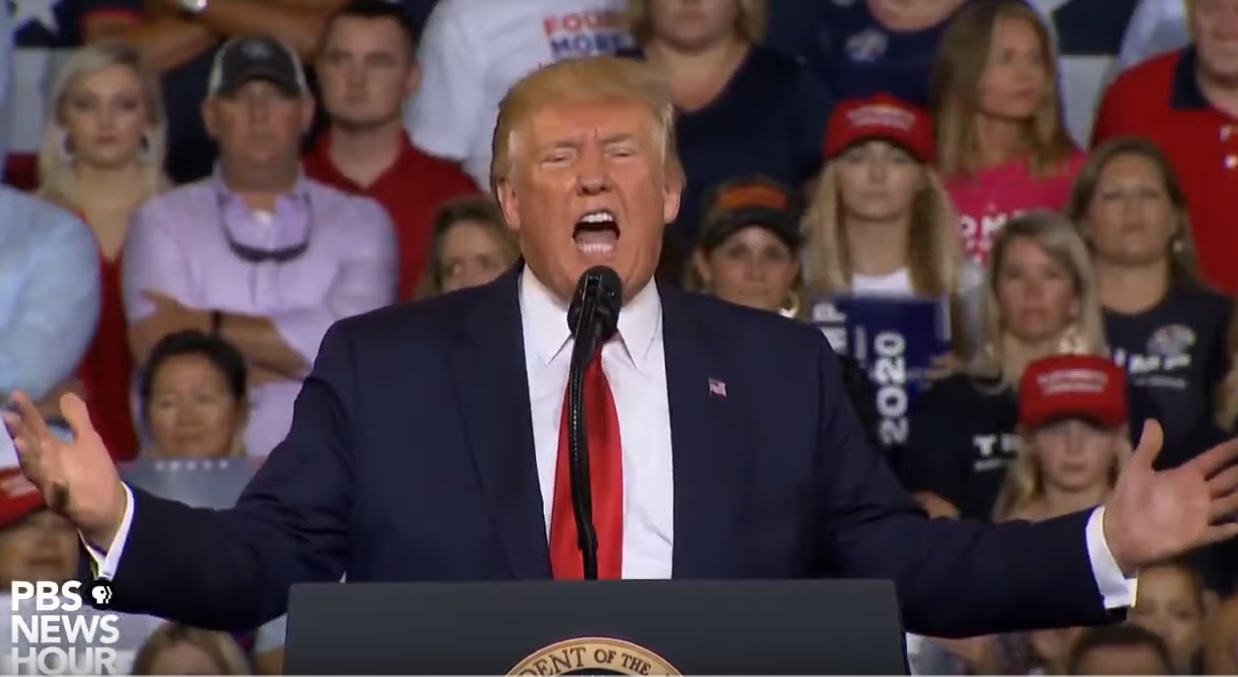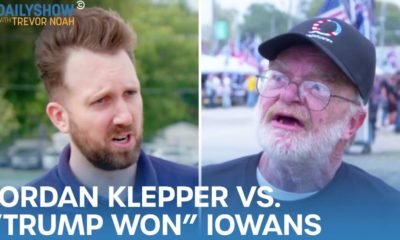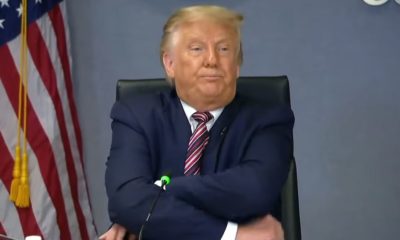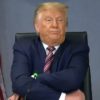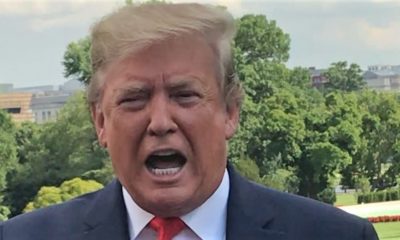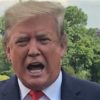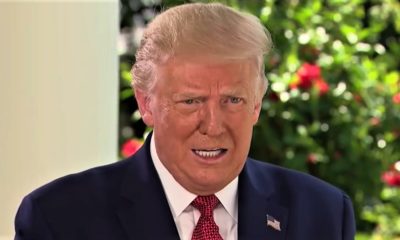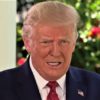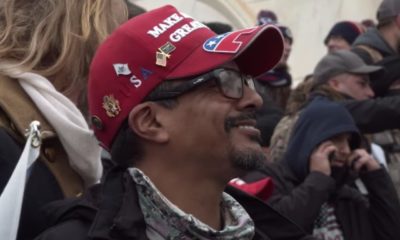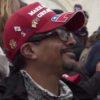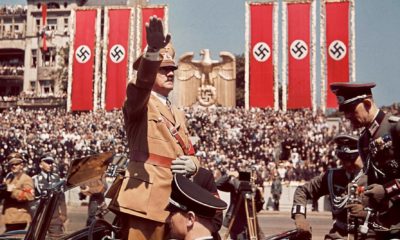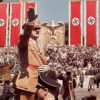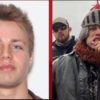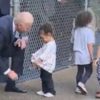NEWS
Trump Demanded ‘Leaker’ Who Revealed He Fled To Bunker During Protests Be Executed, New Book Claims
According to Wall Street Journal reporter Michael Bender’s bombshell book, “Frankly, We Did Win This Election: The Inside Story of How Trump Lost, then-President Donald Trump told a number of his advisers in 2020 that whoever leaked information about his stay in the White House bunker during protests last June had committed treason and should be executed for sharing details about the episode with members of the press.
Trump, along with then-first lady Melania Trump and their son, Barron, were all taken to the underground White House bunker for a period of time during the protests spurred by the police killing of George Floyd as protesters gathered outside the building.
According to Bender’s book, in the days following his time in the bunker, Trump held a tense meeting with top military, law enforcement and West Wing advisers, in which he aired grievances over the leak.
“Trump boiled over about the bunker story as soon as they arrived and shouted at them to smoke out whoever had leaked it. It was the most upset some aides had ever seen the president,” Bender writes.
“‘Whoever did that, they should be charged with treason!’ Trump yelled. ‘They should be executed!'” the book reads.
Then-White House chief of staff Mark Meadows “repeatedly tried to calm the president as startled aides avoided eye contact,” Bender writes, adding that Trump’s top aide told his boss: “I’m on it. We’re going to find out who did it.”
Trump, angry over the leak for days, “repeatedly asked Meadows if he’d found the leaker,” with his top aide becoming “obsessed” with finding the source, according to the book, which noted that “those who said they’d heard the president issue that warning had interpreted the outburst as a sign of a president in panic.”
CNN reported at the time that Trump had been taken to the bunker and was there for a little under an hour before being brought upstairs.
Trump had attempted to publicly downplay the trip in the days that followed, seeking in a radio interview at the time to explain his presence in the bunker as an “inspection” — rather than a retreat for his own safety.
